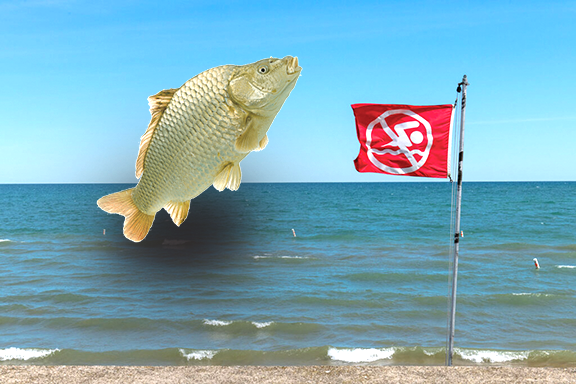
RIDOT Director Alviti Takes Helm of RIPTA Board
PROVIDENCE — Rhode Island Department of Transportation director Peter Alviti took the helm of the state transit system’s governing board last week, asking for detailed information from staff and suggesting ways the agency could be run more like his own.
Alviti began the meeting by telling the audience and the rest of the board that it was his mission to come up with more concrete goals for the Rhode Island Public Transit Authority, including addressing a looming fiscal cliff set to hit the agency when federal COVID funding runs out in 2025.
“There is a Transit Master Plan that everyone here has seen and, I’m sure, aspires to achieving,” Alviti said. “But there isn’t a penny available to implement anything. As far as I’m concerned, that’s not a plan. That’s a wish list, and agencies don’t operate on a wish list.
“I hope and pray that everyone here will work with me on accomplishing that [concrete goals].”
Alviti became the chair of the RIPTA board of directors after the General Assembly passed legislation this year installing RIDOT’s director in the position and adding a member to the body. An earlier draft of the bill placed RIPTA under RIDOT, but was met by criticism from transit advocates who rallied and testified against the legislation, even after it was modified.
Despite the previous concerns, transit advocates spoke about looking forward to working with the board in its new configuration during the public comment period, a practice that some of Alviti’s opponents had worried he would discontinue.
“We wish you well, and we are ready to work with you on your mission,” co-coordinator of Rhode Island Transit Riders Patricia Raub said.
R.I. Energy Rejects Revolution Wind 2 Project Bid
PROVIDENCE — It’s been a rough-and-tumble summer for offshore wind projects in Rhode Island, as well as for the state’s efforts to reach renewable energy goals.
Both hit a stumbling block when Rhode Island Energy announced it was rejecting a joint bid from offshore wind developers Ørsted and Eversource, citing “high proposed contract costs” that were deemed too expensive for the utility company’s customers.
While the utility declined to go into more specifics pending a future filing with the state Public Utilities Commission, it indicated in its announcement that higher interest rates, increased costs of capital, supply chain expenses, and uncertainty over federal tax credits made the project unattractive for the state’s ratepayers.
The joint proposal was also the only bid received by Rhode Island Energy for the offshore wind procurement it issued in October 2022. The original bid, issued at the behest of state officials and lawmakers, sought to solicit between 600 and 1,000 additional megawatts (MW) for the state’s renewable energy portfolio. Avangrid, which owns a controlling interest in most of the other leases just south of Martha’s Vineyard, did not submit a bid.
In a statement, Rhode Island Energy president David Bonenberger said his company was already in talks with state officials to bring more offshore wind to the state.
The rejected bid would have been the second major offshore wind project collaboration between Ørsted and Eversource. Named Revolution Wind 2, the project as proposed would have generated 884 MW of renewable energy, enough to power more than 500,000 Rhode Island homes, according to the project’s website.
Is it Safe to Eat Fish Caught off Beaches Closed for Swimming?
SOUTH COUNTY — Every summer Environment America publishes an analysis of bacteria testing at beaches nationwide. In 2022, 51% of the beaches in southern New England were potentially unsafe for swimming on at least one testing day.
ecoRI News published a story about the report (“Safe for Swimming?” July 10). A reader commented, asking: “Can you still eat the salt water fish caught off these beaches?”
Surf casting is popular on beaches in Charlestown, Narragansett, and Westerly, and at the edges of other Ocean State beaches.
ecoRI News reached out to the departments of health in Rhode Island, Massachusetts, and Connecticut to ask if beach closures and swimming/health advisories also cover the eating of fish from their waters.
Joseph Wendelken, public information officer for the Rhode Island Department of Health, said there is not a concern, as long as the fish are cooked. He noted that eating sushi made with fish caught in an area with a swimming restriction due to bacteria is not a good idea. Shellfishing is even more of a concern, he added.
The federal government does advise women who are or may become pregnant, nursing mothers, and young children not to gorge on several marine species, namely albacore tuna, king mackerel, swordfish, and tilefish, because their tissue may contain high concentrations of methylmercury, a highly toxic organic compound of mercury.
For more details on these stories, and to get more of the latest environmental news, visit ecoRI.org. Subscribe to ecoRI News’ free weekly e-newsletter at ecoRI.org.


